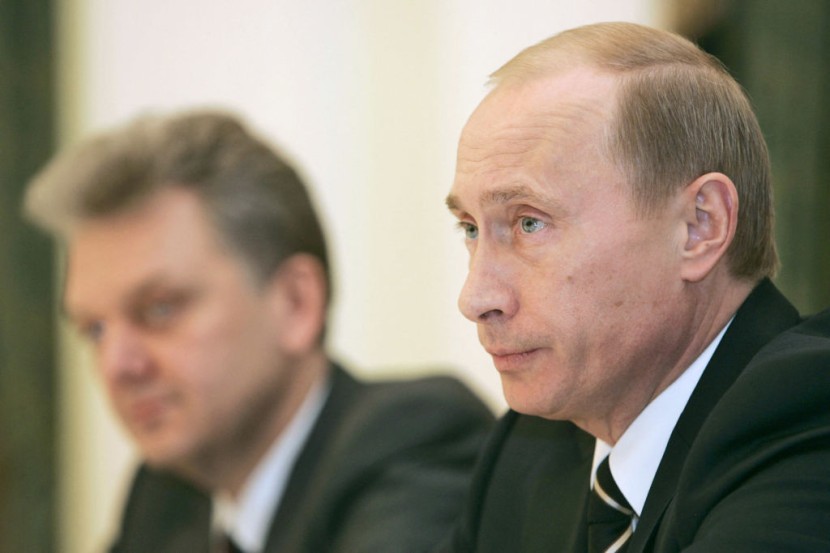
Tokyo has no intentions of halting energy projects with Moscow, implying Japan's energy security despite the sanctions placed on Russia.
Japanese Prime Minister Fumio Kishida made the announcement last Thursday despite the effort to stop Vladimir Putin from funding the Ukraine incursion, like other nations still buying Russian LNG and gas, which is not as penalized in the current setup.
Japan Choses Energy Security Over Sanctions
PM Kishida, like other world leaders, agrees on the sanctions heaped on Moscow but cannot include risking its economy over the loss of energy sources, reported the Epoch Times.
This venture with Russia is the Sakhalin-2 liquefied natural gas (LNG) project between Japan and Moscow.
A report by Kyodo News said the PM announced at a parliamentary meeting that the joint venture would allow access to cheap liquefied natural gas (LNG) for the long-term energy security of the country, which cannot be stressed enough.
He added that there would be efforts to reduce dependence on Russian energy sources with the Group of Seven (G7) advanced countries' plan. Russia is the fifth-largest provider of liquefied natural gas to Japan, approximately 8 percent of its consumption.
The Sakhalin-2 oil and gas project in the Russian Far East is like what Gazprom is to Brussels, which is a total of a yearly usage of 9.6 million tons will drive Japan into an energy shortage or worse. Tokyo remarked that the liquefied natural gas from the Sakhalin 1 and 2 projects with Russia will still go ahead.
Japanese firms like Mitsui and Mitsubishi have a share of 12.5 and 10.5 percent stakes in the Sakhalin-2 project, while Russian state firm Gazprom holds ownership of 50 percent. One of the stakeholders, Shell, with 27.5 percent in the venture, left the project to the incursion by Russia.
The US energy firm ExxonMobil chose to follow what US President Joe Biden told firms to leave the Sakhalin-1 oil and gas project in Russia; before, and they were Western firms BP and Equinor.
Russia Requires Payment in Rubles
Last Thursday, Russian President Vladimir Putin authored a degree that required foreign firms and unfriendly nations to pay in rubles for energy supplies.
The Kremlin called out Japan and the US as unfriendly nations that should be following its instructions on paying; after questionable sanctions due to defending separatists in the DPR and LPR in Ukraine.
Putin stated that buyers would have to open ruble accounts using Russian banks to make payments and that if they failed to do so, their contracts would be nullified. The G7 nations contended that it was a breach of contract, but the Kremlin refused to back down.
According to Nikkei Asia, Japan's trade minister, Koichi Hagiuda, announced Friday that the government will closely monitor the situation. However, he believes the edict will not immediately affect Japan.
As a result of the conflict in Ukraine, Japan has tightened sanctions on Russian persons and organizations. Russia's exports of specific items have been curtailed, and Russian banks have been blocked from using the SWIFT global interbank network.
Tokyo said that Sakhalin 1 and 2 projects in partnership with Moscow would move ahead, said PM Fumio Kishida, because of the need for liquified natural gas. Compared to Europe, Japan is less affected by pressure from the US may change that.
Related Article: German Chancellor Olaf Scholz Disagrees With Bloc Members on Total EU Embargo, Calls To Cancel Russian Oil Ban








